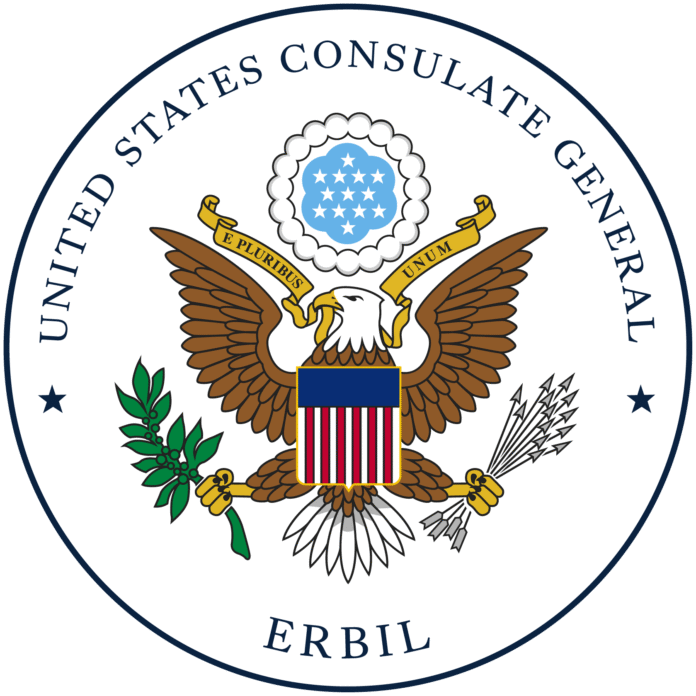The US staff departure from Iraq affects both Baghdad and Erbil diplomatic missions, as confirmed by the U.S. Embassy in Baghdad. This move follows rising regional tensions that threaten the safety of American personnel. The embassy spokesperson explained that the ordered departure includes non-essential staff at the U.S. Consulate General in Erbil as well as the embassy in Baghdad.
Following this, the U.S. State Department decided to reduce its mission in Iraq by evacuating non-emergency staff. This step aims to protect diplomatic workers amid growing instability. Furthermore, Washington updated its travel advisory to strongly discourage citizens from traveling to Iraq under any circumstances.
President Donald Trump described the US staff departure from Iraq as a precautionary measure to safeguard Americans in a “potentially dangerous” region. This action coincides with stalled nuclear negotiations with Iran and caused a spike in global oil prices due to increased uncertainty.
The US staff departure from Iraq comes as Iran and the U.S. engage in Oman-mediated talks to revive the 2015 nuclear deal. However, threats from Iran and concerns over a potential Israeli strike add tension to the situation. The United Nations also declared Iran in “non-compliance” with nuclear safeguards, prompting Iran to announce plans for new uranium enrichment.
Meanwhile, construction continues on the new U.S. Consulate General in Erbil, which will be the largest worldwide. The U.S. government remains vigilant and prepared to adapt to changing conditions in the region.US staff departure from Iraq impacts Baghdad and Erbil missions to protect personnel amid rising tensions and stalled Iran nuclear talks. The move highlights ongoing regional instability. Washington remains cautious as diplomacy continues.


